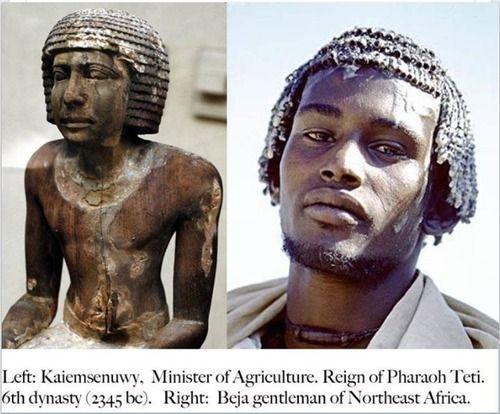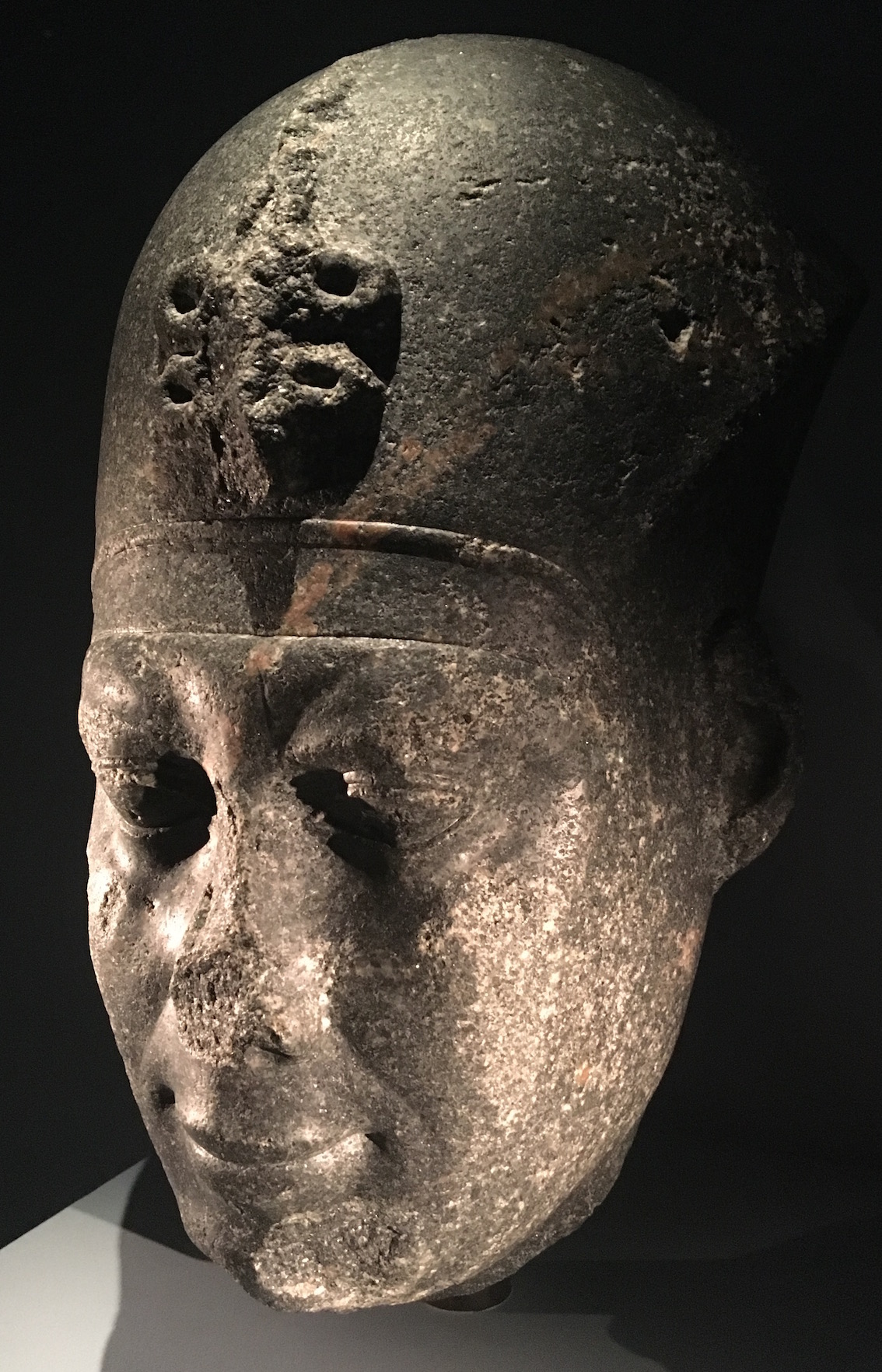Ancient Kemet, also known as Ancient Egypt, was a civilization that flourished in northeastern Africa for over three thousand years. It was one of the oldest and most enduring societies in human history, and it left a lasting impact on the world through its art, architecture, and cultural practices.
The civilization of Ancient Kemet was centered around the Nile River, which provided the region with fertile soil, irrigation, and transportation. The Nile also played a central role in the religion and mythology of Ancient Kemet, as it was seen as a source of life and fertility.
The ancient Kemites developed a complex system of government, with a strong central authority and a hierarchical social structure. The Pharaoh, or ruler, was at the top of this hierarchy and was considered a god-king. Below the Pharaoh were the nobles, priests, scribes, and soldiers, followed by the peasants and slaves.
The Kemites were skilled in agriculture, and they relied heavily on the Nile for irrigation and fertilization. They were also skilled in trade and commerce, and they established a network of trade routes that stretched from Africa to the Middle East and beyond.
One of the most famous aspects of Ancient Kemet is its art and architecture. The Kemites were skilled in a variety of mediums, including sculpture, painting, and metalworking. They were also master builders, and their structures, such as the pyramids and temples, are still standing today as testament to their engineering prowess.
The religion of Ancient Kemet was polytheistic, and the Kemites worshipped a pantheon of gods and goddesses. They believed in an afterlife, and they took great care in the preparation of their dead for the journey to the next world. This included the practice of mummification, in which the body was preserved through a process of embalming and drying.
In conclusion, Ancient Kemet was a complex and fascinating civilization that left a lasting impact on the world. Its art, architecture, and cultural practices continue to influence and inspire people today.







